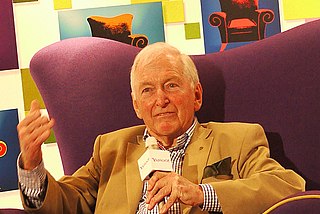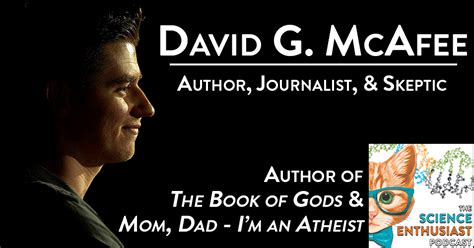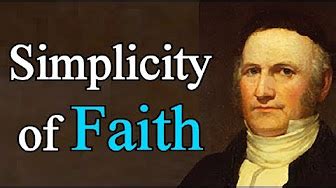A Quote by Criss Jami
The logic behind patriotism is a mystery. At least a man who believes that his own family or clan is superior to all others is familiar with more than 0.000003% of the people involved.
Related Quotes
The ordinary man is living a very abnormal life, because his values are upside down. Money is more important than meditation; logic is more important than love; mind is more important than heart; power over others is more important than power over one's own being. Mundane things are more important than finding some treasures which death cannot destroy.
In this world are very few things made from logic alone. It is illogical for man to be too logical. Some things we must just let stand. The mystery is more important than any possible explanation. The searcher after truth must search with humanity. Ruthless logic is the sign of a limited mind. The truth can only add to the sum of what you know, while a harmless mystery left unexplored often adds to the meaning of life. When a truth is not so important, it is better left as a mystery.
If you are religious, you believe that your religion is the 'right' one—and, in many cases, all others will be sent to hell. Similarly, a nationalist believes his or her nation is better or more advanced—and a racist believes that an inherent difference between each race make his or her ethnicity superior. All of these ideologies spawn the hate, philosophical disagreements, and prejudices that have been the catalysts for various atrocious acts throughout history.
Every patriot believes his country better than any other country . . . In its active manifestation-it is fond of killing-patriotism would be well enough if it were simply defensive, but it is also aggressive . . . Patriotism deliberately and with folly aforethought subordinates the interests of a whole to the interests of a part . . . Patriotism is fierce as a fever, pitiless as the grave and blind as a stone.
No one accuses the Gunner of maudlin affection for anything except his beasts and his weapons. He hasn't the time. He serves at least three jealous gods—his horse and all its saddlery and harness; his gun, whose least detail of efficiency is more important than men's lives; and, when these have been attended to, the never-ending mystery of his art commands him.
I was indeed a snob, if you agree with this definition: 'A person who believes that their tastes in a particular area are superior to those of other people.' I do believe that. Not superior to all other people, but to some, most probably including those who think Transformers: Revenge of The Fallen is a great film. That is not simply ego on my part. It is a faith that after writing and teaching about films for more than 40 years, my tastes are more evolved than those of a fanboy.
The feeling of patriotism - It is an immoral feeling because, instead of confessing himself a son of God . . . or even a free man guided by his own reason, each man under the influence of patriotism confesses himself the son of his fatherland and the slave of his government, and commits actions contrary to his reason and conscience.
It is rare to find a man who believes in his own thoughts or speaks that which he is created to say. As nothing astonishes men so much as common sense and plain dealing, so nothing is more rare in any man than an act of his own...feel yourself, and be not daunted by things...The light by which we see this world comes out from the soul of the observer.
Where no man thinks himself under any obligation to submit to another, and, instead of co-operating in one great scheme, every one hastens through by-paths to private profit, no great change can suddenly be made; nor is superior knowledge of much effect, where every man resolves to use his own eyes and his own judgment, and every one applauds his own dexterity and diligence, in proportion as he becomes rich sooner than his neighbour.







































